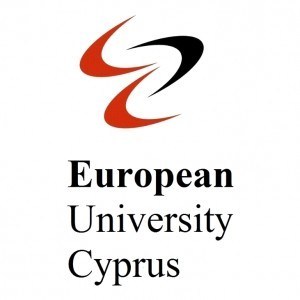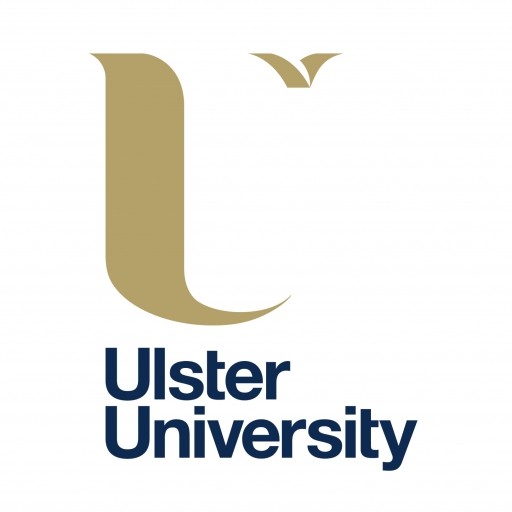Photos of university / #europeanunicy
To gain competitive advantage modern organizations need information systems to assist them increase their productivity and improve their decision making. The MSc program in Information Systems will equip students with skills and methods to manage information technology within business organizations, covering both technical and managerial aspects.
General Objectives
Specific Objectives
Learning Outcomes
- Determine where IS can be deployed to gain strategic and tactical advantage.
- Demonstrate how business strategy can be enhanced with IT.
- Assess the features of successful and unsuccessful e-Businesses ideas.
- Identify real-world problems to which academic concepts and methods can be realistically applied, incorporating original research to improve or resolve a problem situation.
- Demonstrate the use of appropriate legal, social and ethical issues and obligations within the context of an IS project.
- Demonstrate the concept of Enterprise Resource Planning (ERP) and how it supports business operation.
- Discuss social and professional issues associated with information systems project management.
- Improve written and oral technical research skills.
- Evaluate the impact of e-Business/IT applications on organizational performance and construct an e-Business plan for the e-Business opportunity that students have identified and researched.
- Apply Web marketing techniques in e-business.
- Evaluate the key technologies and technology trends, including CRM, SCM and ERP, that are necessary for integrating and operating an e-business system.
- Identify, predict and understand common usability problems encountered by IS users.
- Carry out detailed interface evaluation, identifying usability deficiencies and relating designs to requirements engineering.
- Illustrate the various types of DSS and how they can be used in business intelligence.
- Design and evaluate DSS interfaces.
- Analyze and determine the networking requirements for the provision of networked services and selection of the appropriate technologies.
- Design and develop networked products and services, supporting business objectives and adding measurable value to businesses and organizations.
- Apply critical and holistic thinking on KM concepts and practices within various organizational contexts and business sectors.
- Evaluate the benefits of Data and KM implementations.
- Analyze and evaluate information visualization techniques.
- Discuss the various issues related to business intelligence and information visualization.
- Select and employ requirements engineering elicitation methodologies based on the nature of the business environment.
- Manage projects effectively and efficiently by using specific project management methodologies in order to complete them successfully on time and within budgeted resources.
Employment Opportunities
This program is tailored for people who will assume responsibility for the planning, design and implementation of information systems. It is designed for anyone who is, or aspires to be, a systems analyst, IS project manager or IS consultant.
Degree Requirements
All students pursuing this degree must complete the following requirements:
- Core Courses - 58
- Elective Courses - 32
- Foundation Courses - 0
Total Requirements - 90 ECTS
Want to improve your English level for admission?
Prepare for the program requirements with English Online by the British Council.
- ✔️ Flexible study schedule
- ✔️ Experienced teachers
- ✔️ Certificate upon completion
📘 Recommended for students with an IELTS level of 6.0 or below.
Financial Information & Scholarships
The objective of the Financial Aid Program at European
The objective of the Financial Aid Program at European University Cyprus is to provide financial assistance to students who need aid in order to begin or complete their studies at European University Cyprus. It must be noted however that the funds for Financial Aid are provided by European University Cyprus and are limited. Students and their families are expected to finance their education and Financial Aid should be considered only as supplemental assistance. European University Cyprus has established procedures and practices which assure fair and consistent treatment for all students.
European University Cyprus offers Financial Aid in the form of scholarships, grants and on-campus work programs. All types of Financial Aid available are explained below:
- Academic Excellence Scholarships
- High School Scholarships
- Athletic Scholarships
- Financial Aid Program (Grants)
Accreditation
The Programs of Study offered by EUC are fully accredited and therefore recognized by the Cyprus Ministry of Education and Culture.










